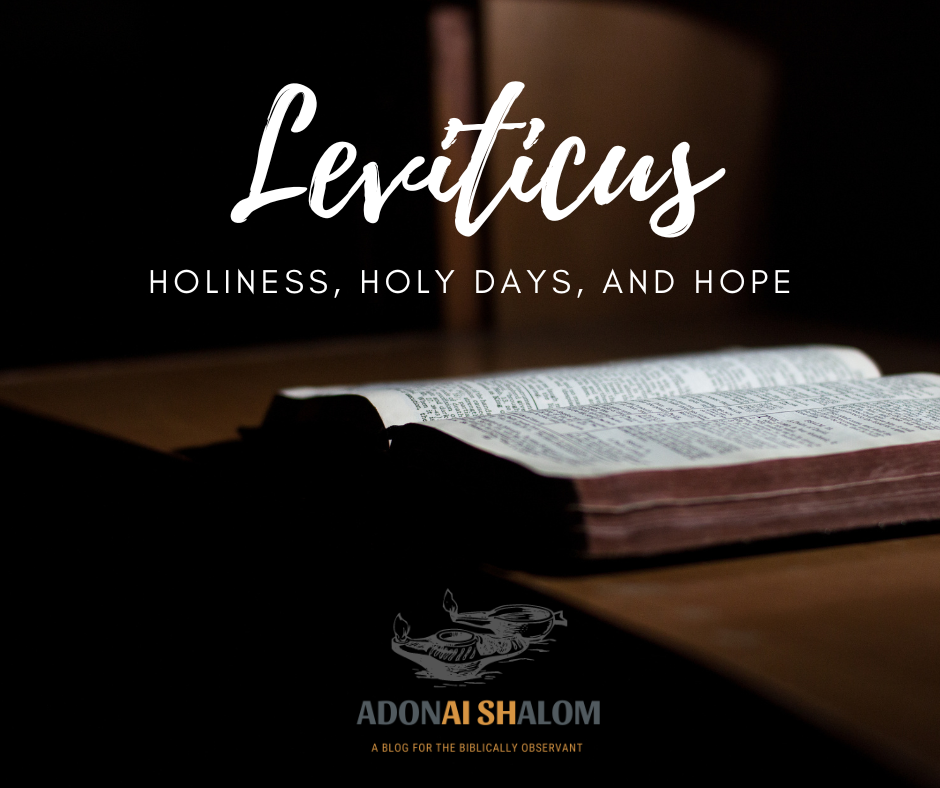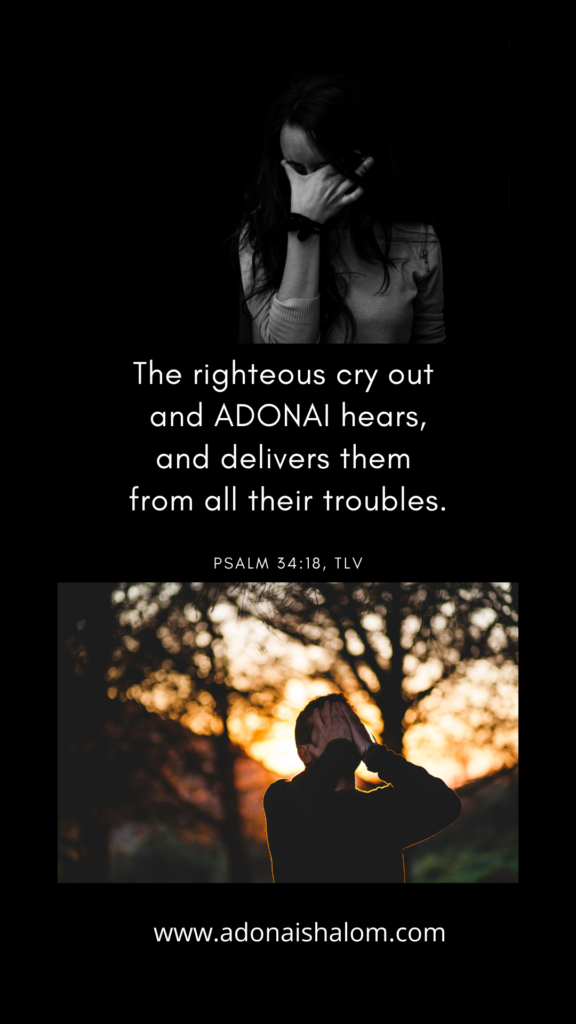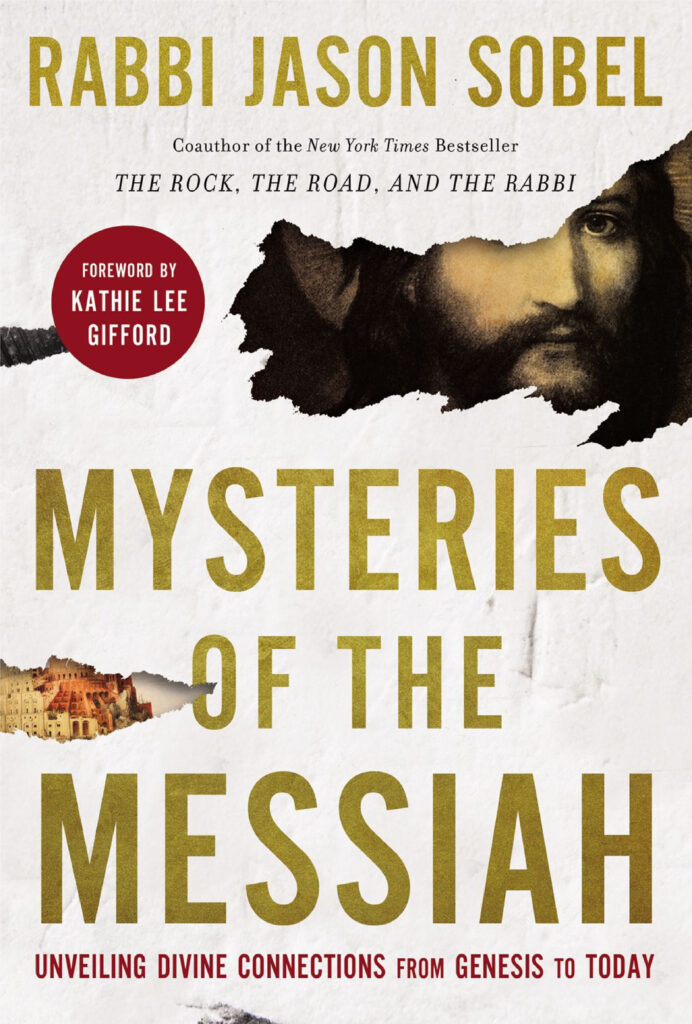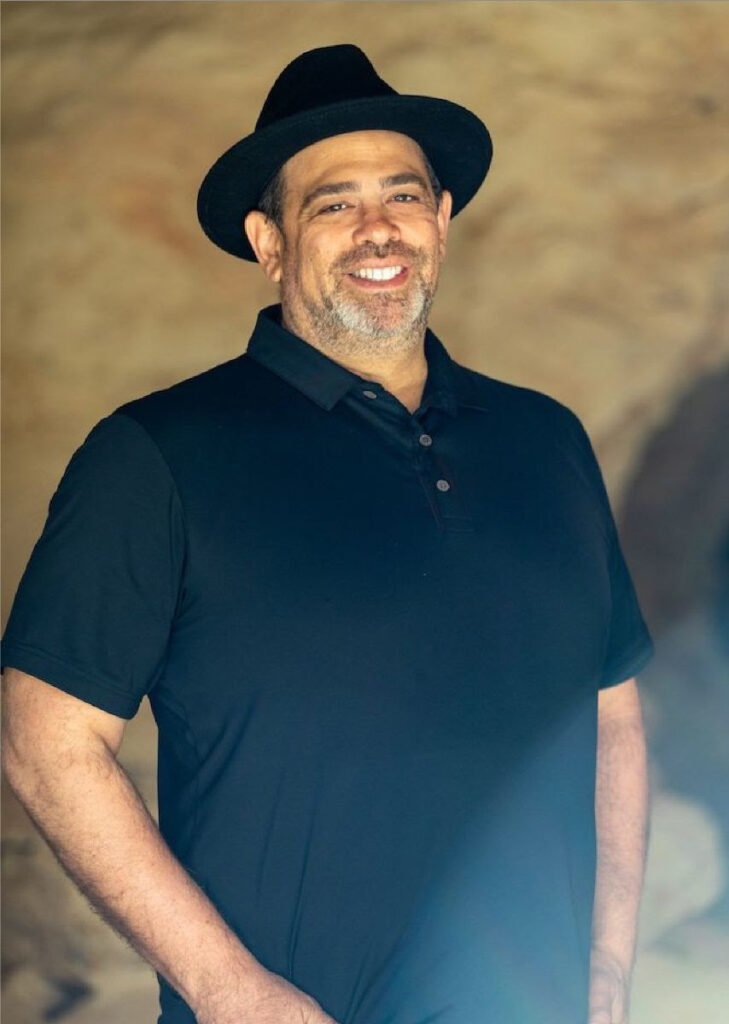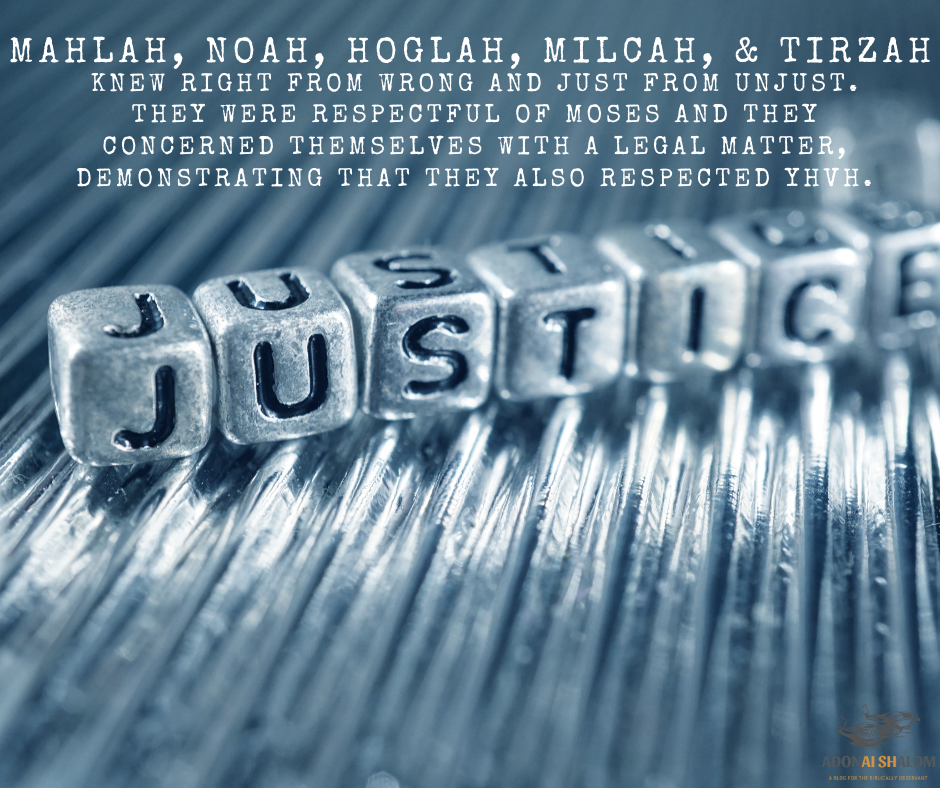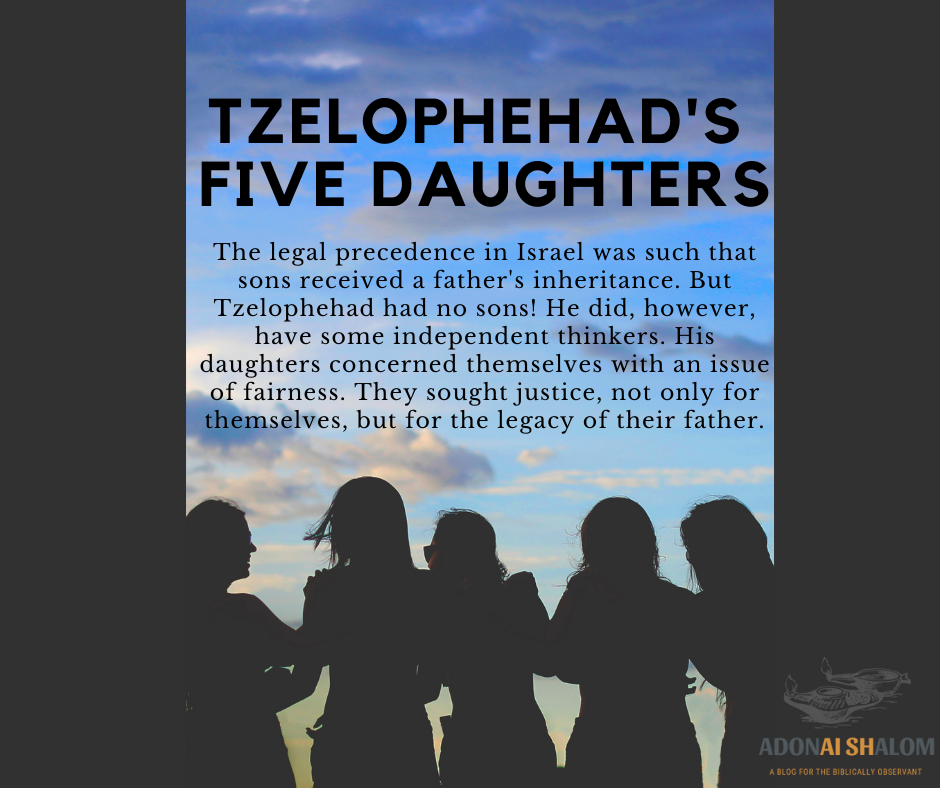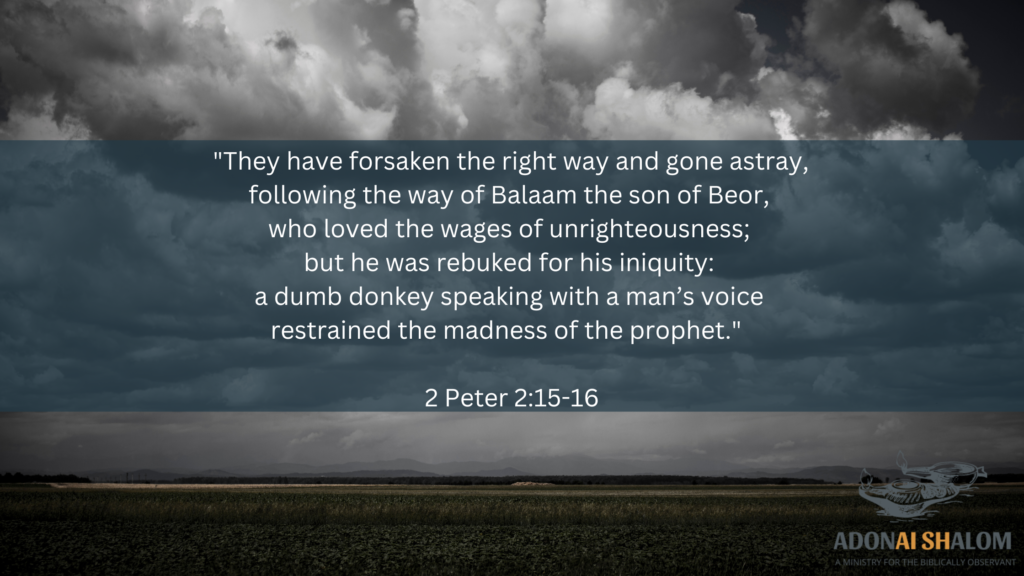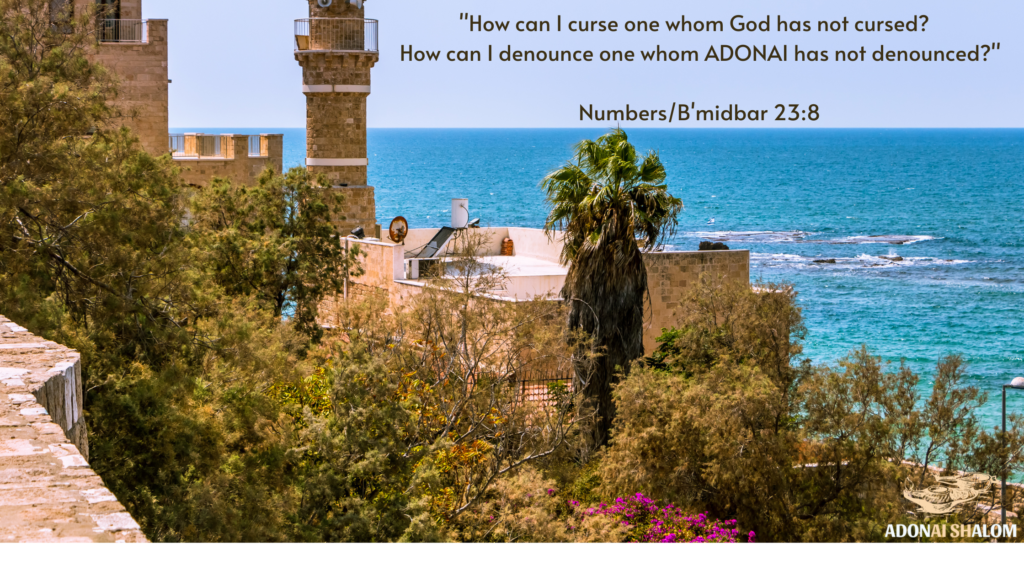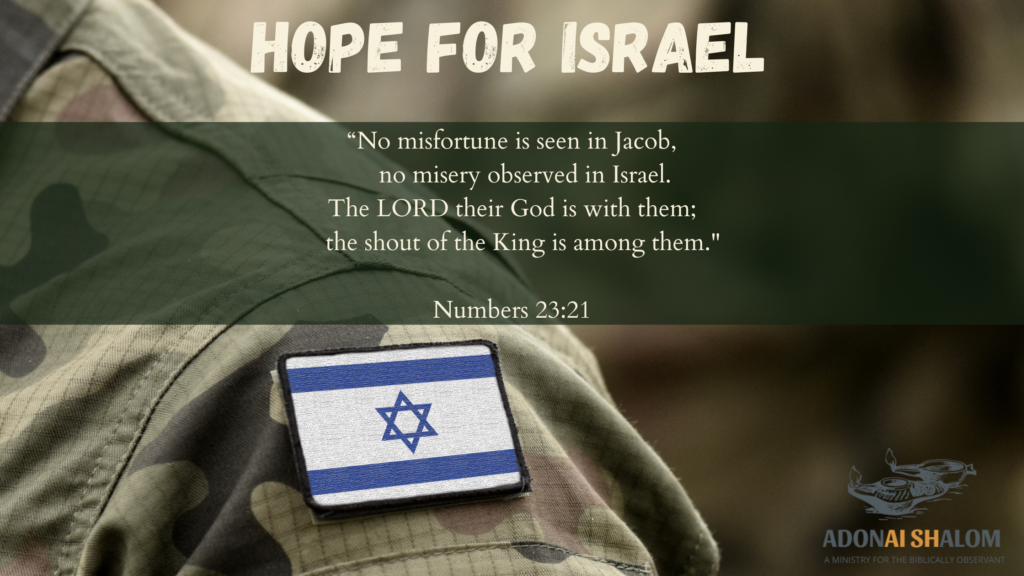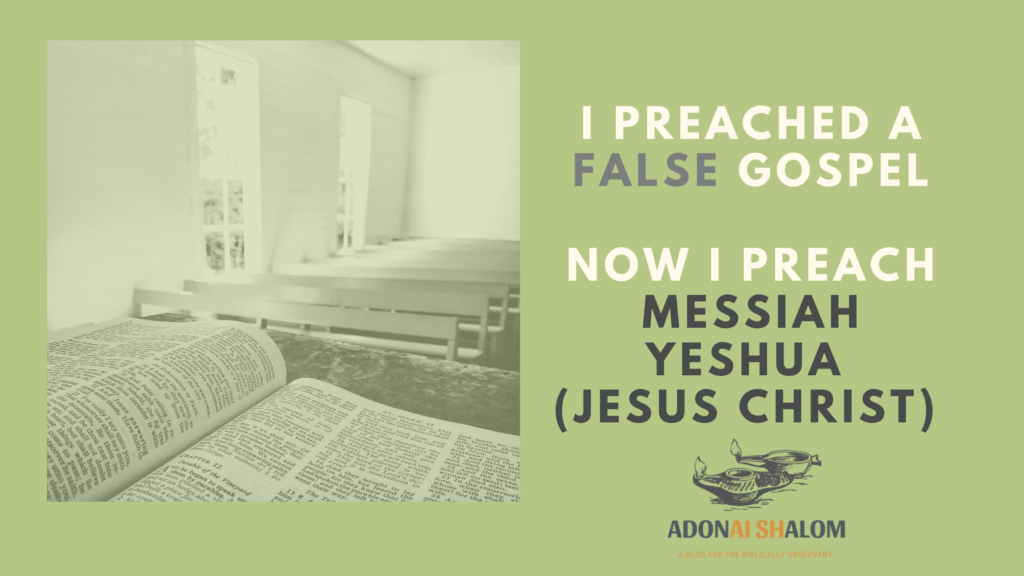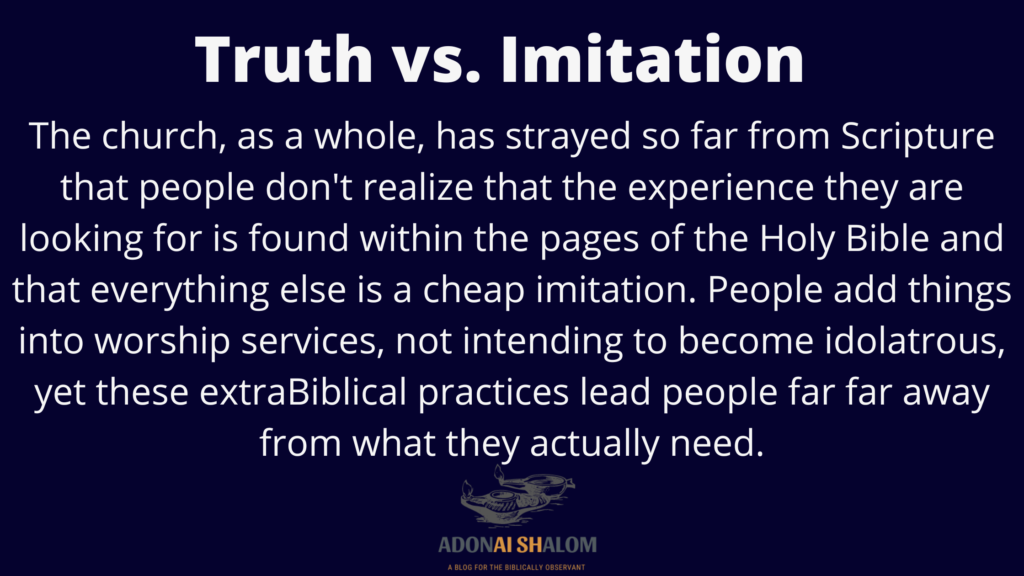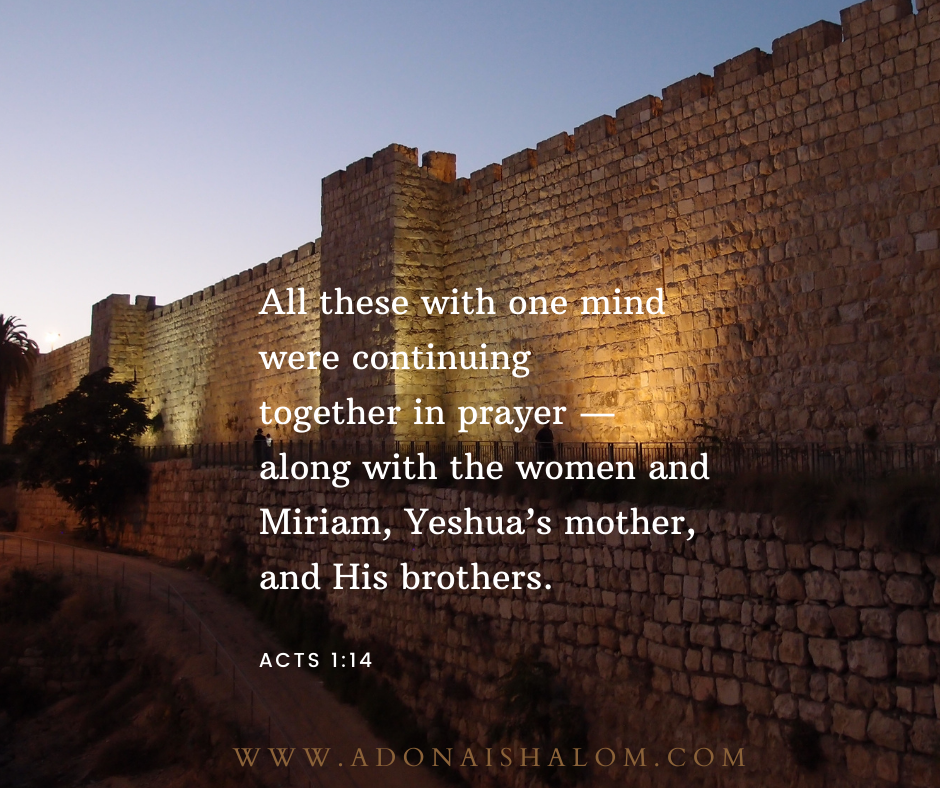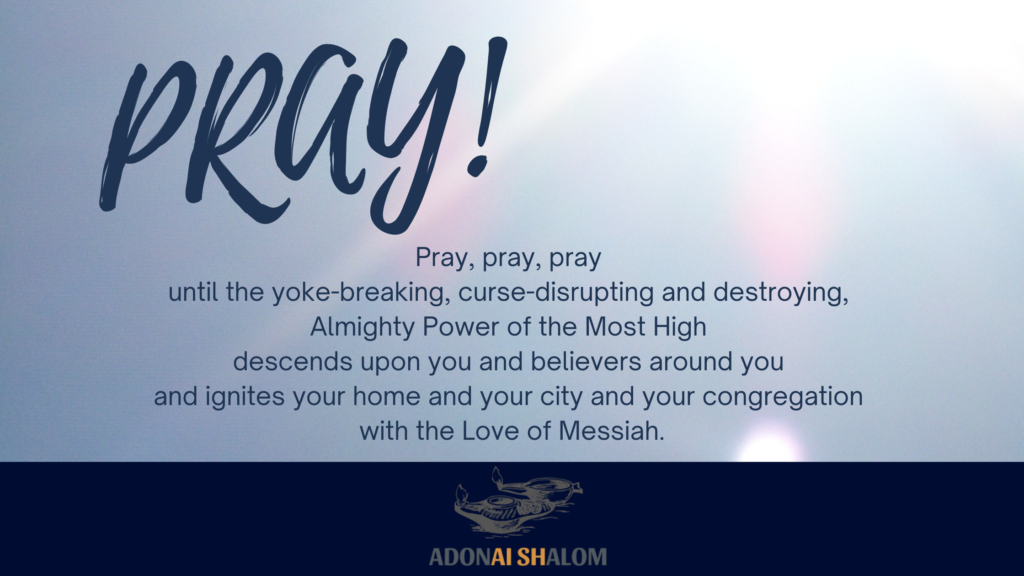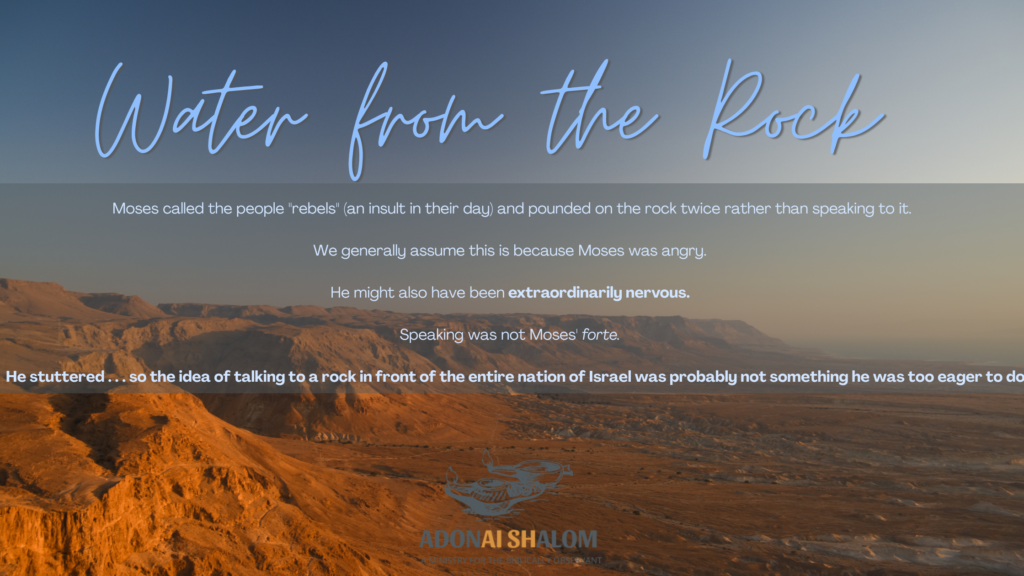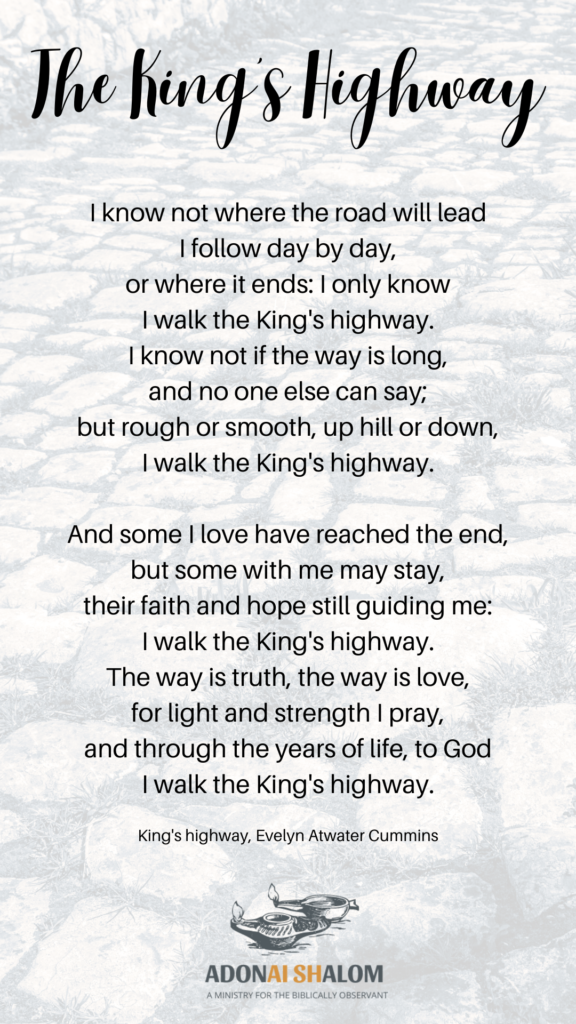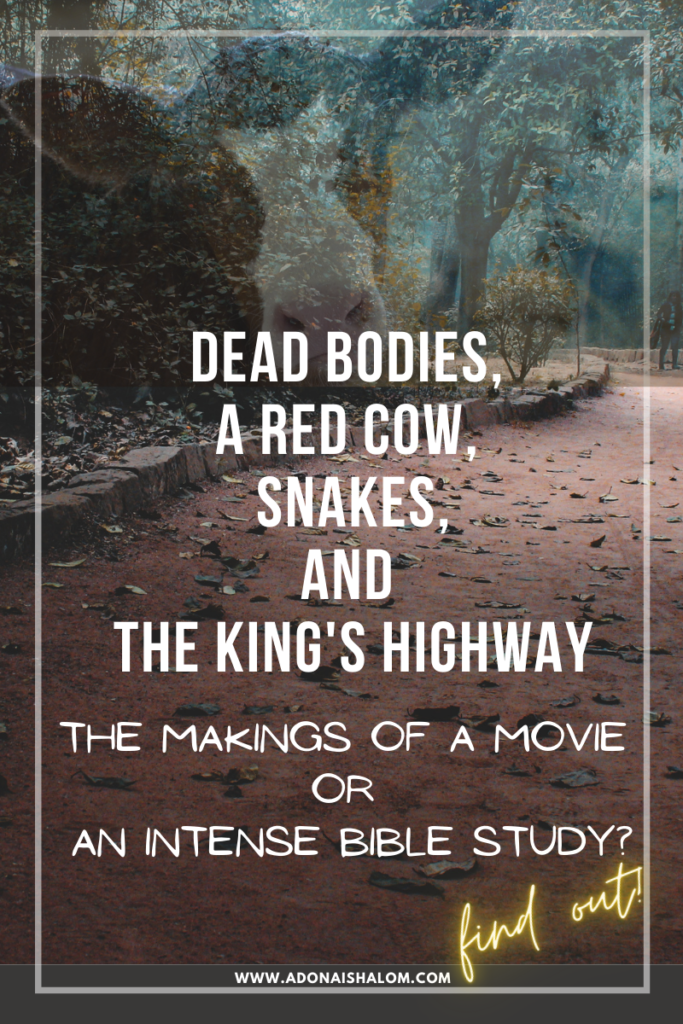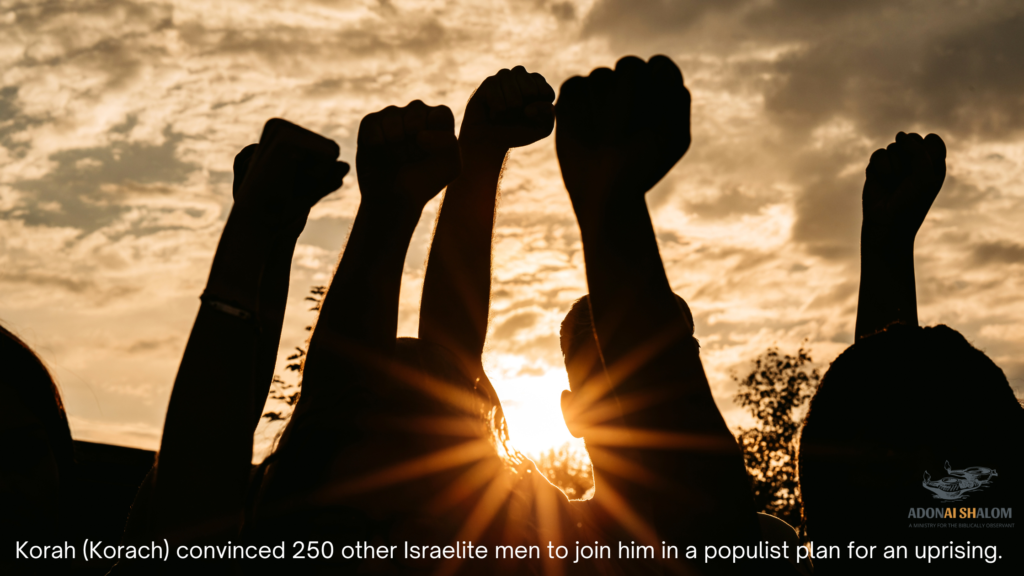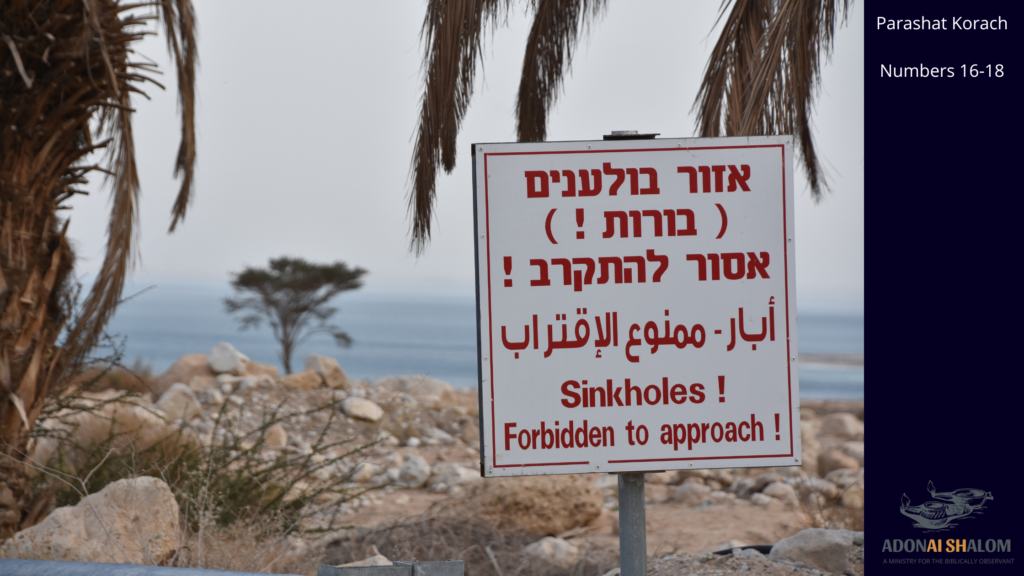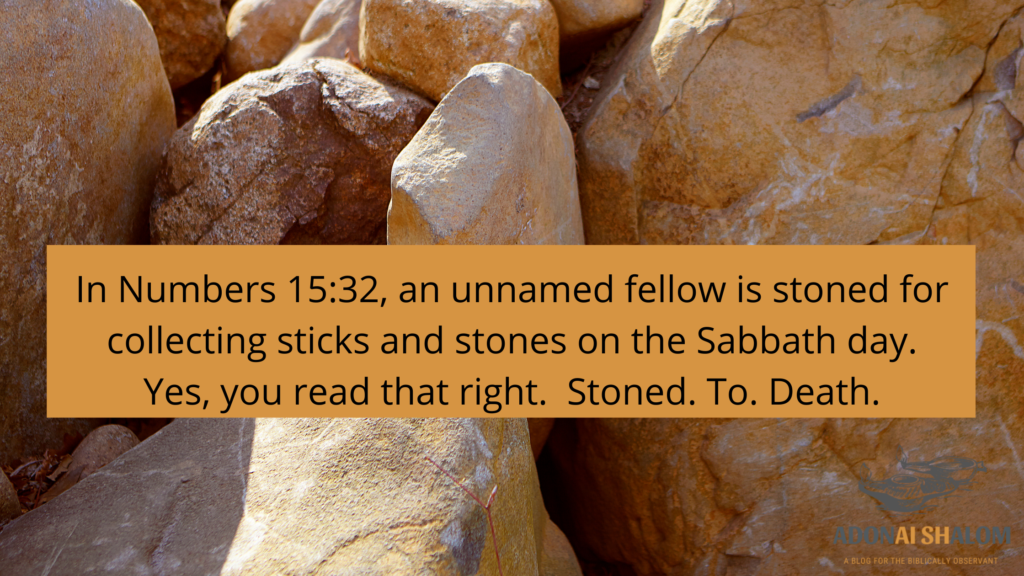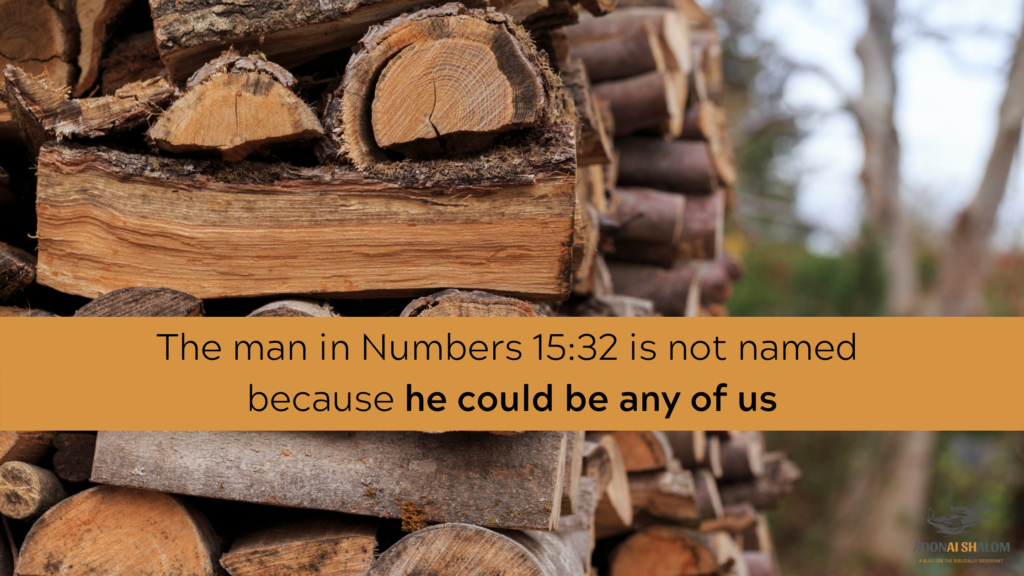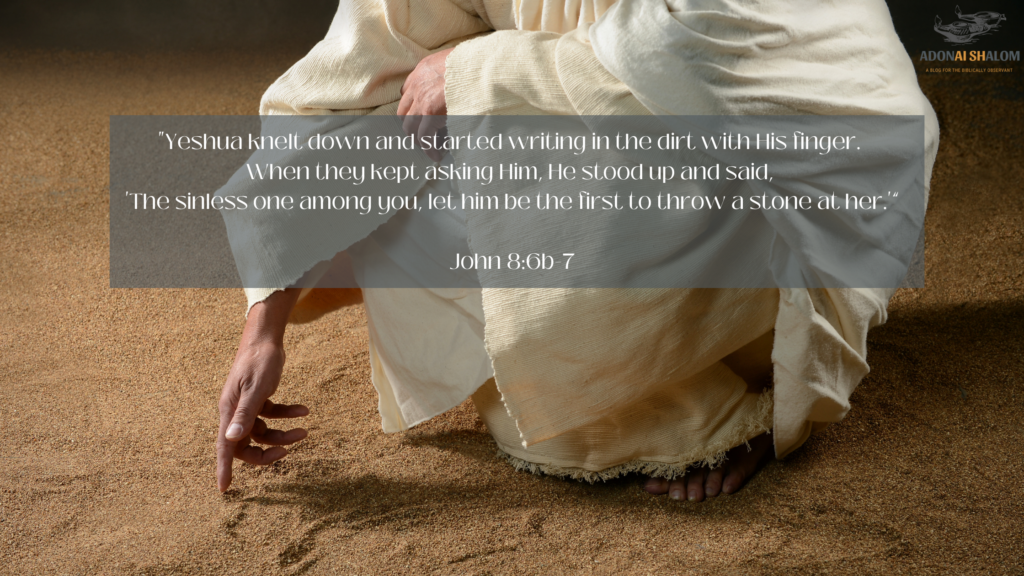The Leviticus 11 Controversy
Parashat Shemini (V’yikra/Leviticus 9-11) 5782 B”H
Updated: 3/24/22
We have reached a more controversial portion of Leviticus. We have looked at the five offerings of Leviticus and how they relate to the Good News, how Leviticus might be made a more central part of children’s ministry, and today, we have arrived at the controversial Leviticus 11.
This is one of those posts where I know some people will love it and some people will not read to the end.
Please, bear with me. Let me make my case, and then you can decide for yourself.
Leviticus 11 gives us a definition for “food”
Leviticus 11 identifies that which God considered acceptable for His people to eat as well as that which was prohibited.
It is easy to identify what is acceptable. Foods that are common to us today like chicken, beef, and fish with fins and scales.
It sounds really weird to us today, but it was also acceptable to eat crickets, locusts, and grasshoppers. Yikes.
These particular creatures were not considered food for human consumption:
Camels, rabbits, pigs, shellfish, vultures, ravens, owls, hawks, storks, herons, bats, weasels, rats, lizards, geckos, skinks, chameleons.
I wouldn’t want to eat a chameleon or a bat. You either? See, the list makes sense.
But what about the pigs and shellfish?
As you can see, pork and shrimp are lumped in with the animals considered abominable for the people of Israel to eat.
Harsh, right? Abominable! The word is meant to get our attention. To stir things up. To cause a controversy even.
The foods in Leviticus 11 are usually referred to as kosher vs. non-kosher. Those who follow strict Orthodox law describe this as the laws of kashrut.
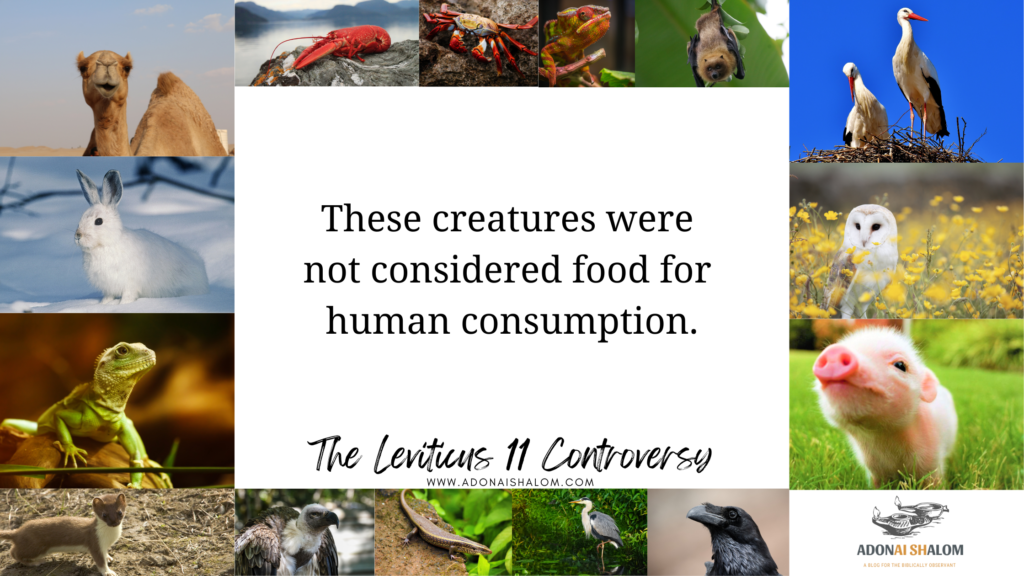
It is easier (and totally Biblical) to simply think of them as clean vs. unclean.
In Leviticus 11:44-47, the LORD summarizes His reasons for giving these dietary laws:
“For I am ADONAI your God. Therefore, sanctify yourselves, and be holy, for I am holy.
Therefore, you shall be holy, for I am holy.
The LORD God says twice: be holy, for I am holy.
He doesn’t want His people to be defiled.
Why? He wants there to be a distinction.
Distinction between the unclean and the clean, distinction between that which is holy and that which is not, distinction between those who belong to Him and those who . . . don’t.
For consistency, a very similar passage is found in Deuteronomy:
All winged insects are unclean to you—they are not to be eaten. You may eat any clean bird. You are not to eat anything that dies of itself. You may give it to the outsider within your gates so that he may eat it or you may sell it to a foreigner. For you are a holy people to ADONAI your God. . . .” D’varim/Deuteronomy14:3-20
But I know, most believers point to Acts 10 to say what we find in Leviticus 11 and Deuteronomy 14 are not at all relevant to us today.
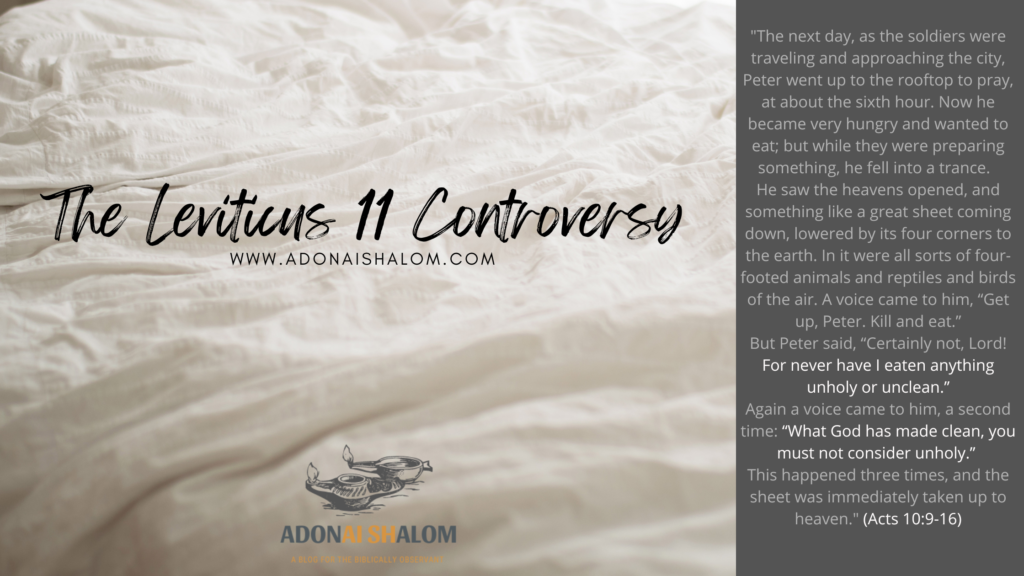
So let’s take a careful look at Acts 10:9-16
A voice came to him, “Get up, Peter. Kill and eat.”
But Peter said, “Certainly not, Lord! For never have I eaten anything unholy or unclean.”
Again a voice came to him, a second time: “What God has made clean, you must not consider unholy.”
This happened three times, and the sheet was immediately taken up to heaven.” (Acts 10:9-16).
This text, along with
are often used as prooftexts to claim that God Himself declared all animals clean for eating.
Are we getting more controversial yet?
Hold on, it gets better:
Have you ever considered that Peter’s vision had little to do with food?
Peter was hungry and God used his hunger for a teachable moment.
In the vision, Peter saw some unclean animals presented to him on the sheet.
The revelation here is that Peter is not to call PEOPLE unholy or unclean.
He is not to judge the Gentiles as unclean – as unworthy to follow Messiah Yeshua (Jesus). Peter is to preach to Jew and Gentile alike.
See, God didn’t change His mind about what constitutes food and what doesn’t. The vision was about preaching to all nations.
“[Peter] said to them, “You yourselves know that it is not permitted for a Jewish man to associate with a non-Jew or to visit him. Yet God has shown me that I should call no one unholy or unclean.” Acts 10:28
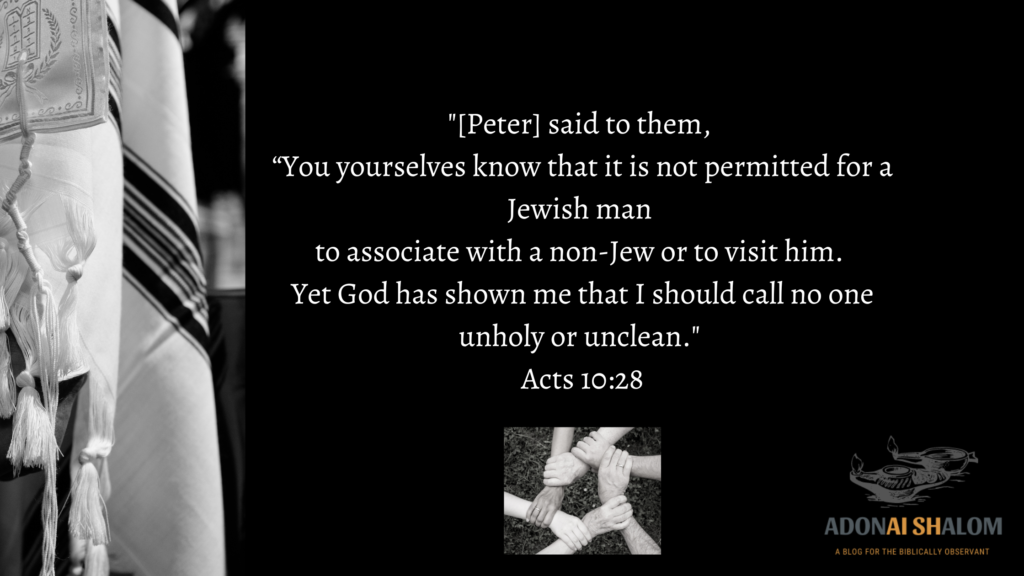
What pleases God?
We know what pleases God because He revealed to us plainly what animals are abominable for human consumption.
Let’s put this in today’s language. He revealed what animals are GROSS to eat.
Shrimp are bottom feeders. They are the garbage trucks of the ocean. Some go so far as to call shrimp the cockroaches of the sea! Pigs are dirty critters, too, you know, but also function as vacuum cleaners. You wouldn’t eat a vulture, would you? They clean up the roads nicely, but according to the Word, God really doesn’t want us eating them.
This really isn’t about being “under the law” or not – we are no longer under the curse of the law. But the law reveals to us that which has pleased our Father. Only Yeshua (Jesus) could fulfill it in its entirety, but as we live into our sanctification, it is fair to say we should strive to do all that which pleases God. Not for our salvation, but as fruit of our salvation.
Our lifestyle should reflect godliness!
Many preach that Christian believers should now eat whatever they want because we have been freed from the law and are now under grace. I can appreciate the intent, but in my view celebrating being freed from the curse of the law is much different than declaring independence from God’s wise and Holy Instructions. We can’t possibly keep every aspect of the law, that’s why Yeshua (Jesus) came, but it does give us, at the very least, an outline for holy living.
What pleased God?
For me, this is a hard passage. It pleased God to bruise His Son. We have to ask the question, “why?” I believe it is because at the point this Scripture was fulfilled, Yeshua (Jesus) had taken our sin upon Him and sin is such an affront to a Holy God that it actually pleased Him to see it dealt with. And what is sin? Lawlessness.
The Bible says so – in the New Testament.
“Everyone practicing sin also practices lawlessness—indeed, sin is lawlessness.” 1 John 3:4
So we need something to go by, a standard. God’s instructions give us that standard and Yeshua (Jesus) died for it.
So what about pork bacon? Pork barbecues? Shrimp scampi?
Well, let me tell you a story. A true one.
When I was in grad school, I used to attend a small Pentecostal church just a few miles from the university. I loved that church. I loved the people, I loved the music, I loved the ministry! The believers at this church loved the LORD and really did a good job of including newcomers and students (like me) and sharing the Gospel with love. It didn’t feel cliquish like so many small churches, and it was a wonderful place for any young believer to grow in their faith.
Like most evangelical churches, the pastor and leaders emphasized such spiritual practices as fasting and prayer and encouraged everyone to read the Bible for themselves. If you didn’t bring a Bible with you, an usher would have given you one.
The preaching seemed balanced and examples of Biblical praise and worship were cited from both Testaments.
These folks knew the Scriptures, and knew them well.
But I wasn’t entirely prepared for the fact that these believers had a slightly different understanding of the Christian’s relationship to the Hebrew Scriptures than I did. After accepting Messiah Yeshua (Jesus) during my undergrad years in Chicago, I have since held to what gets labeled as a “Messianic” (albeit thoroughly Pentecostal!) theological perspective.
I never struggled with the fact that my Messiah Yeshua (Jesus) was a Jewish Rabbi! When I moved out of my college bubble, I discovered most believers were not really interested in the Jewishness of Jesus, much less studying Torah’s relationship to the New Testament. Yeshua (Jesus) followed and fulfilled Torah so it seemed strange to me that everyone seemed to want to delete the first half of the Bible.
And I will never forget the day when many of us from the church went out for lunch at a little restaurant.
I guess I shouldn’t have been at all surprised when the pastor and the church leaders all ordered pork bbq plates. But I’m certain I unwittingly raised an eyebrow!
There were some cultural factors at play.
North Carolina is famous for pork barbecue, and I know from experience finding a place that serves turkey or chicken bbq is not easy. But this was actually a seafood restaurant. There were Biblically cleaner foods on the menu than swine flesh.
When the food arrived, one of the church elders actually said, “Thank you Jesus, for allowing us now to eat this pork!” I didn’t know to laugh or cry!
I realized that day in the restaurant that there was disconnect in traditional Christian practice from what is actually written in the Bible.
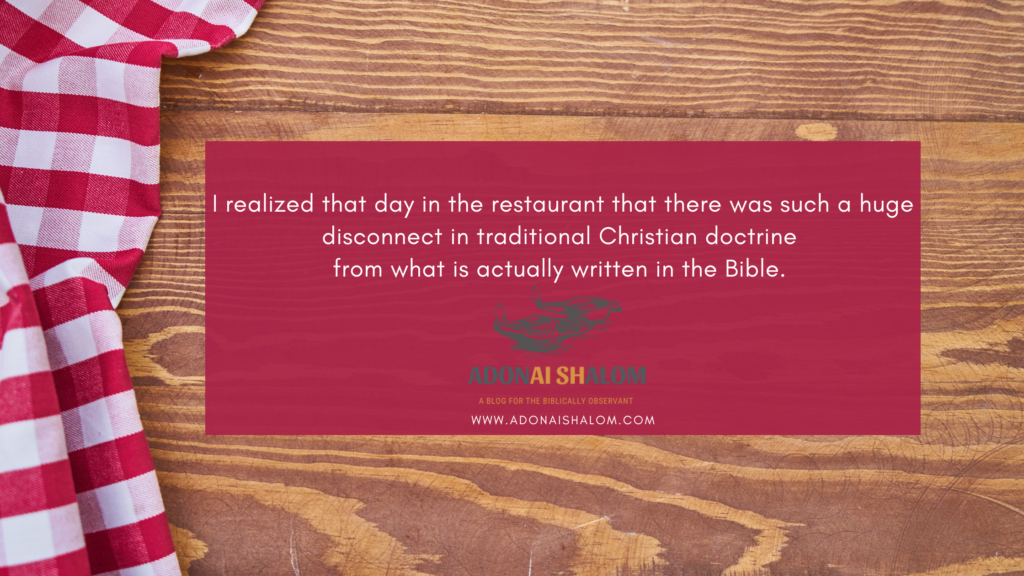
These same Christians who routinely practiced fasting and prayer were ok with the dietary restriction of fasting (another concept introduced in the Old, rather than New, Testament), but they were anti-dietary restriction regarding consumable foods.
Ultimately, aren’t we all guilty of picking and choosing at times, to strictly adhere to the things we like and to less fervently notice those things we don’t like?!
But, I simply posit this today: why not adhere to the LORD’s dietary instructions? For the most part, the only foods being argued about among Christians in America are pork chops, pork bacon, pork ham, and shrimp.
“‘Everything is permitted for me’”—but not everything is helpful.” (1 Cor.6:12)
Paul (Rabbi Sh’aul) invites believers in 1 Corinthians 6:12 to ask themselves an important question. Just because something is lawful to you, is it beneficial?
Something may or may not be permitted, but is it helpful?
Is it healthful?
A certain meal may not defile spiritually, but is it truly of benefit to me physically, especially when consumed with frequency?
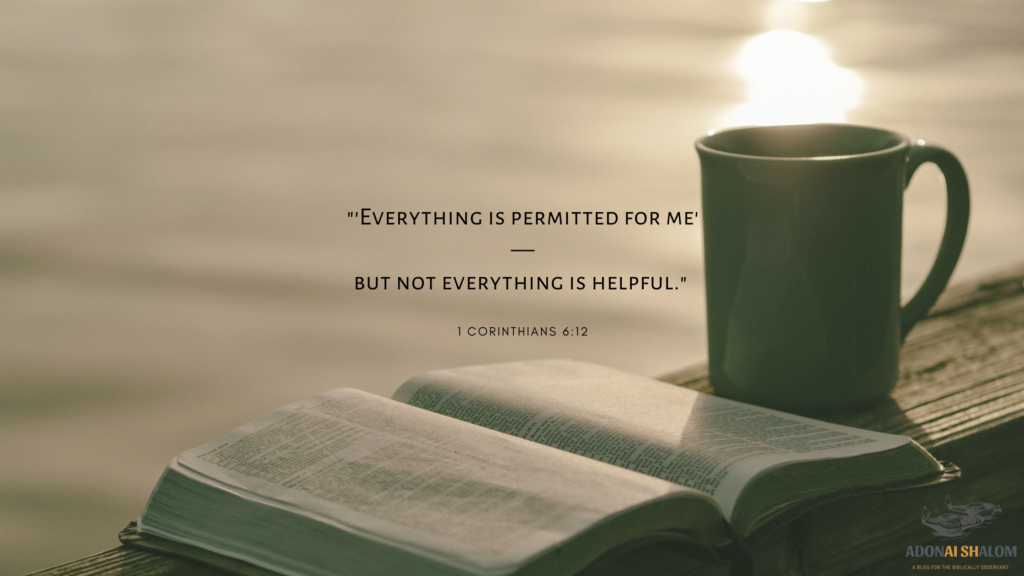
The United States has a Judeo-Christian heritage. It seems to me that believers in the United States used to have a more holistic and pure understanding of the Scriptures. As a nation, we collectively know that certain animals should not be consumed!
No one is upset that restaurants don’t serve owls and bats.
But today, we have become divided by denominationalism and agendas.
And pork is cheap (and some would argue, delicious).
This has led to a selective and collective cultural amnesia.

We have forgotten where we came from.
It is no secret that our country has strayed farther and farther from God’s Word and ways.
Have you ever noticed the amount of fast food advertisements that obsess about pork bacon?
It is a symptom of a much larger problem.
Doctrines have been misaligned over the years to assimilate into our culture. I’m picking on the pigs today, but this applies to so many other Biblical issues, not just dietary choices.
What happened to Christians being in the world, but not of it?
Even if it is unintentional, most believers pick and choose when it comes to obeying the Word of God. We really ought to work hard not to over or under emphasize verses of Scripture to suit our personal desires.
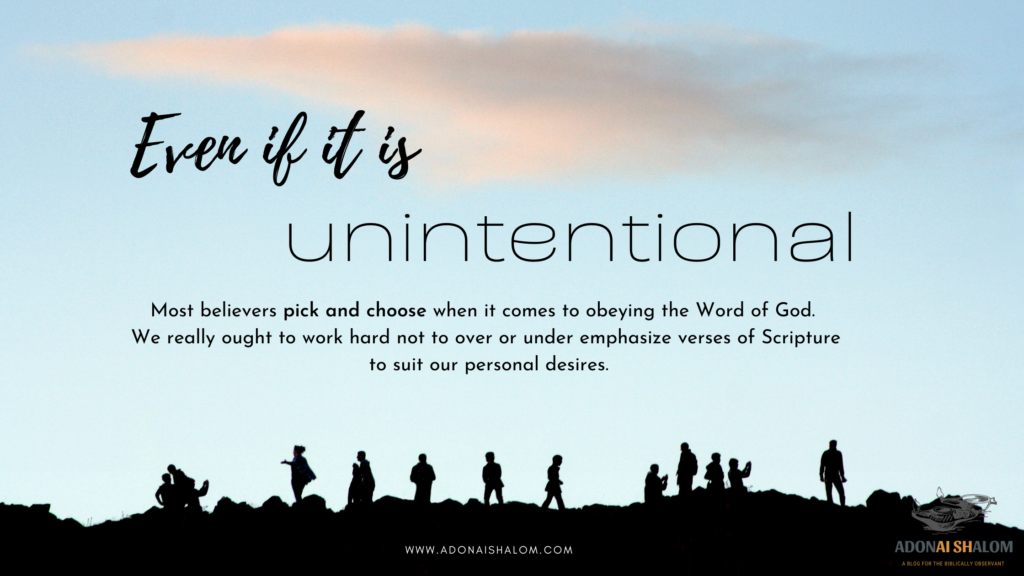
The blame has to start at the top because so many Christians have simply been taught this way for their whole lives.
We have to guard our testimony because it can get a little tarnished by stuff like this.
What does Leviticus 11 have to do with our testimony?
The Gospel is intended to be preached to all, but specifically to the Jew first, and also to the Greek.
If we do not take passages like Leviticus 11 seriously, it is difficult to share our testimony in communities that may look different from our own.
Reaching Jews and Muslims with the Good News
Christian outreach efforts in Jewish communities often fall flat.
Why?
Why won’t Jewish people accept the Good News?
A lot of it has to do with controversial passages such as Leviticus 11.
A Jewish person is simply not going to attend the local church pork barbecue event.
The pig is considered the most repulsive of all the unclean animals to most Jews! Can you see how it would seem very strange to a potential convert to see Christians eating unclean meats and praying a blessing over it in the name the same God of Israel?
How about the Muslim community? I have known many a Muslim who have very openly said to me that they are surprised Christians in our country eat “forbidden” meats. Like Jews, Muslims do not eat just anything.
Whether we eat or drink, we are to do so to the glory of God (1 Cor.10:31). We are free, yes. But let’s align our lifestyles to the Scriptures! Sometimes, for the sake of another, we must refrain from certain things. Even Paul had Timothy circumcised – not for the sake of salvation, but for the sake of the Jews in the region they were going to testify in of the goodness of Gospel Truth.
The enemy loves when we as Christians sabotage the message. Why not seek to avoid the appearance of evil? (1 Thessalonians 5:22). The King James Version translates that as “Abstain from all appearance of evil.” (1 Thess.5:22, KJV). Maturity in our faith will require sacrifice and choosing to abstain from that which many would interpret as evil. It may indeed become a very strong testimony.
By no means am I telling you you “must” do these things in order to be a “good Christian.”
Instead, I would simply like you to reflect and pray on this topic.
For whatever you do, whether you eat or drink,
Always keep in line with Scripture, and study the Word for yourself!
Allow the Holy Spirit (Ruach HaKodesh) to guide your decisions and interpretations.
Is that controversial enough?! 🙂
What do you think? We’d love to hear from you. Leave a comment below! Shalom!
